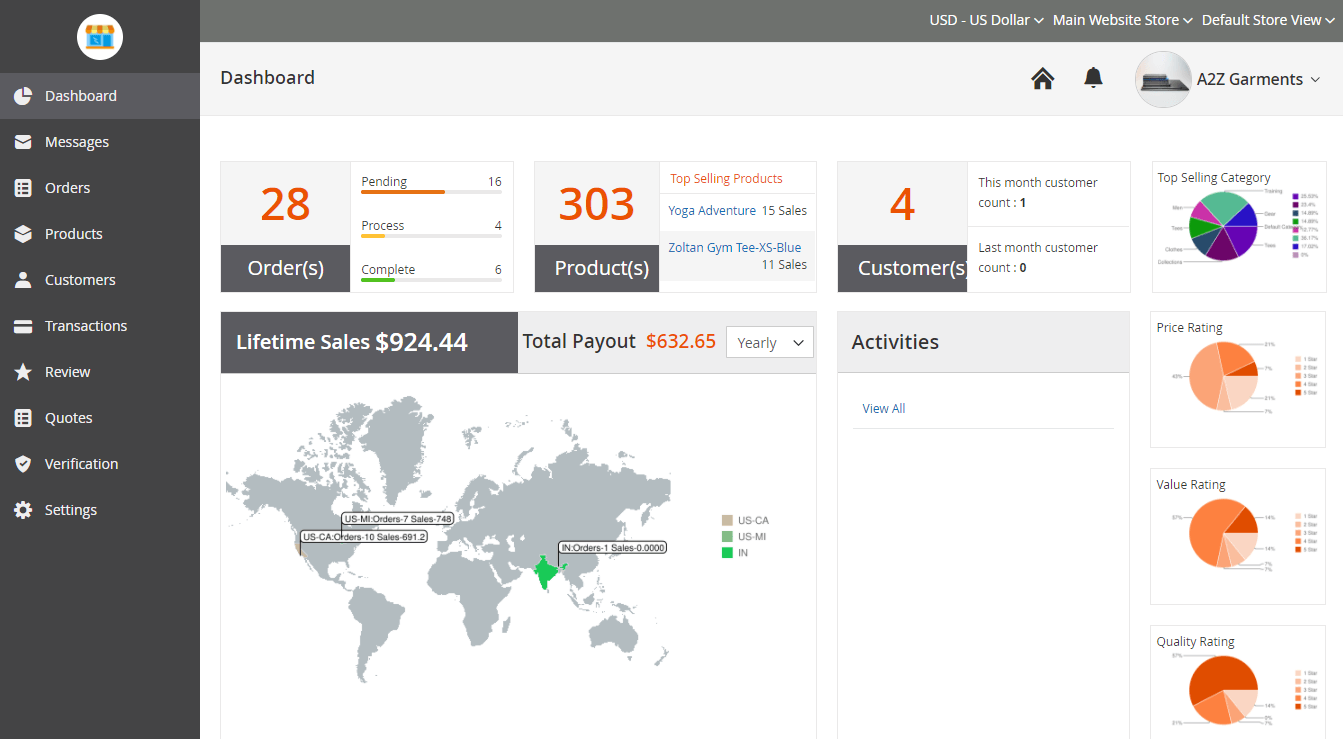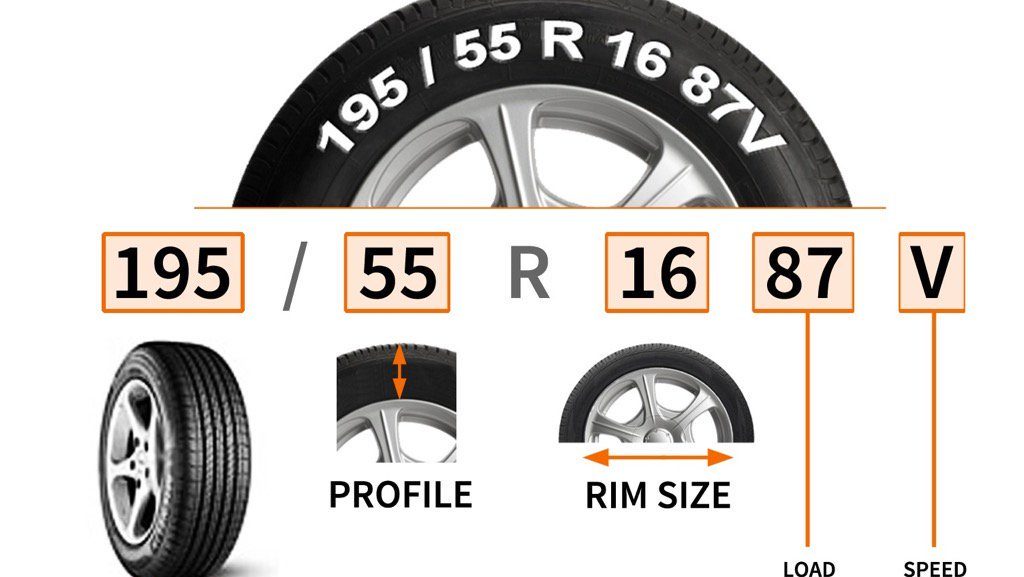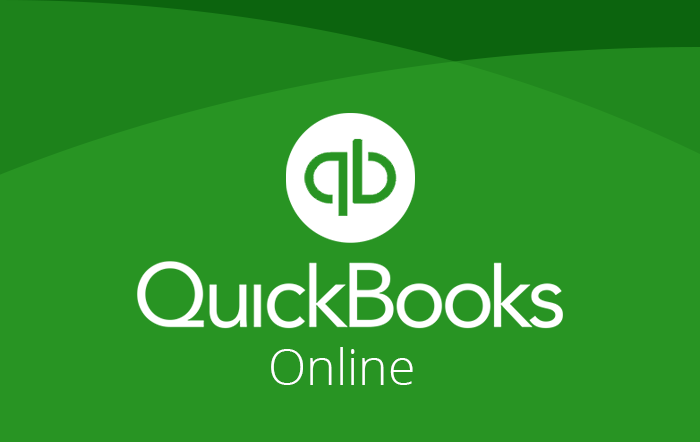All businesses require funding to run smoothly. Funds can be required to start or finish development work on a project. However, with multiple sources of finance available in the market. It becomes difficult for start-ups as well as small businesses to choose between secured and Unsecured business loans
At first, both options may look “equally appealing” with their respective benefits and borrowers might not be able to choose the final option. That’s why it’s necessary to compare the benefits as well as costs associated with these loans to come to a final decision. In addition, businesses must be aware of their financial position to know their loan eligibility.
So let’s have a look at the concepts and benefits of Secured and Unsecured loans:
Secured Loans:
A secured loan is always protected by an asset. Meaning, while applying for such a loan the lender will hold something as collateral until the borrower repays the full loan amount. Collateral can be in the form of a piece of land, gold jewelry, a home, a car, stocks, and bonds. A business can also pledge its machinery, inventory and raw materials as collateral to a lender. If the borrower fails to repay the loan within the loan duration, then the lender is entitled to sell the collateral to recover the outstanding loan amount.
Apart from purchasing new equipment, business can utilize the loan funds for expansion and cover operational expenses.
Advantages of Secured Loans:
Borrowers are attracted to secured loans due to their longer repayment terms. Businesses can also secure a larger loan amount in comparison to unsecured loans. Lastly, they are less risky and lenders charge lower interest rates on them.
Recommended Reading : Pay Point India
Disadvantages:
Secured loans involve a lot of paperwork which in turn increases the loan processing time.
Some Examples of Unsecured loans are:
- Home Equity loan
- Boat loan
- Auto loan
- Recreational vehicle loan
Unsecured loans:
Unsecured loans in India don’t require any collateral. Thus, allowing the borrower to get funds without pledging any asset to the lender. These loans have a fixed loan term and rate of interest.
Unsecured loans can be in the form of credit cards, student loans, and personal loans. They are granted on the basis of the credibility of the borrower. The eligibility of a business is measured in terms of:
- Its capacity to pay off the loan amount
- Location in the city
- The lifetime of the business
- The annual turnover
The tenure of these is usually shorter than the long-term loans offered by banks. Both nationalized as well as private banks grants loans to small businesses with a repayment period of at least one year. Apart from banks, there are digital lending firms which offer unsecured loans for a tenure of 1 to 12 months. We recommend you to have a look at Indifi’s unsecured small business loans, which equip the borrower with sufficient funds to meet emergency requirements. And after the business starts earning profits, it can pay off the loan amount.
Advantages:
- They are quicker to obtain than secured loans
- Require less or no documentation
- If you are getting the loan from a digital lender, then fund disbursal can take place within 2 to 3 working days.
- Borrowers seeking small loan amounts will find unsecured loans are a better option to secured loans
Takeaway:
Both secured and unsecured loans are good in their own way. In a secured loan, there is a guarantee with a lender in the form of collateral. Whereas, In the case of an unsecured loan, there is no collateral and loan disbursal takes place within 2 to 3 working days.















